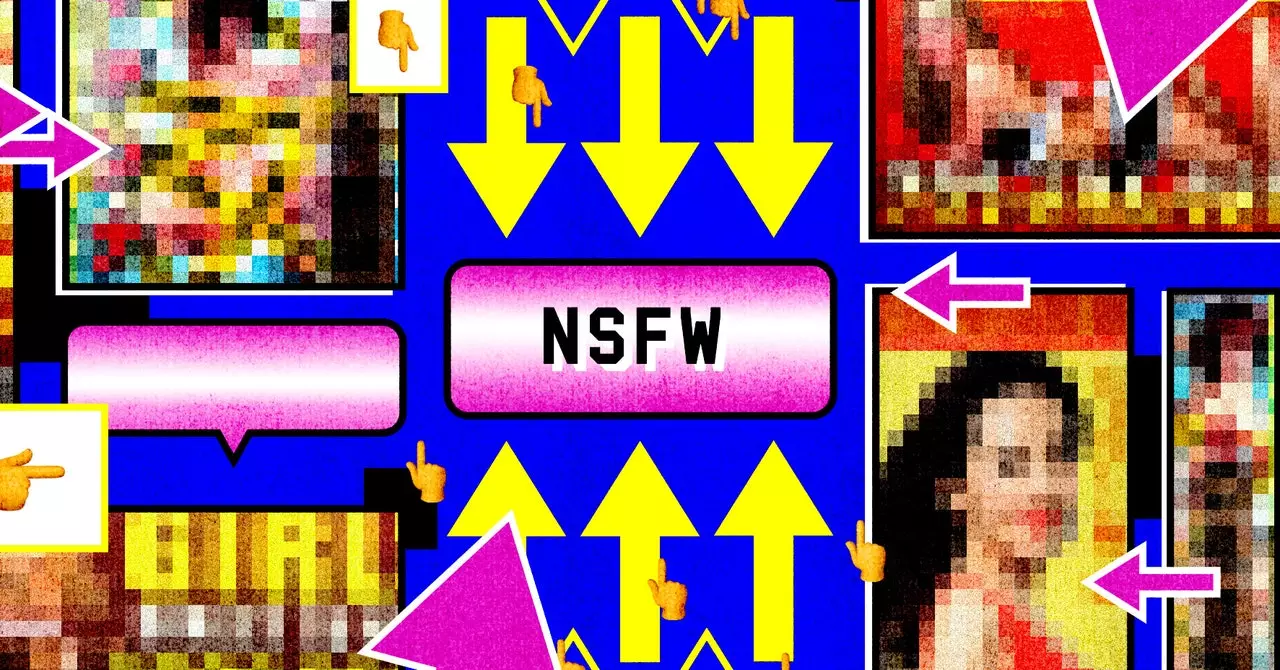The rise of AI girlfriend apps has brought with it a troubling trend of exploitative advertising on social media platforms like Meta. These apps, which are marketed as companionship tools, often cross ethical boundaries in their marketing strategies. For example, WIRED discovered that Hush, an AI girlfriend app, had published over 1,700 ads across Meta platforms, many of which promised “NSFW” chats and “secret photos” featuring lifelike female characters, anime women, and cartoon animals. Some of these ads depicted disturbing scenes, such as an AI woman locked into medieval prison stocks, begging for help. This type of content not only objectifies women but also normalizes harmful stereotypes and behaviors.
Several AI girlfriend apps, including Rosytalk, have come under fire for their portrayal of very young-looking AI-generated women in their ads. These apps promise around-the-clock chats with AI companions tagged with phrases like “#barelylegal,” “#goodgirls,” and “teens.” Such marketing tactics are not only inappropriate but also raise concerns about the potential for these apps to attract underage users. The promotion of “nudifying” features, which allow users to undress their AI companions, further adds to the problematic nature of these apps. While some argue that AI companions can combat loneliness, the portrayal of these companions in a sexualized manner only serves to perpetuate harmful societal norms.
One of the most troubling aspects of the advertising landscape for AI girlfriend apps is the double standard applied to different types of content. While apps catering to sexual fantasies through AI companions are allowed to run ads on social media platforms, human sex workers face strict restrictions on advertising. Carolina Are, an innovation fellow at the Center for Digital Citizens, points out the hypocrisy in allowing AI companies to profit from exploitative content while sex workers are marginalized. This disparity in treatment raises questions about the underlying biases and ethical considerations behind the advertising policies of social media platforms like Meta.
One of the biggest challenges with AI girlfriend apps is the lack of transparency around how these apps are built and the algorithms that power them. Limited information is available about the text or image-generation algorithms used in these apps, leaving users in the dark about the technology behind their AI companions. The use of names like “Sora” to suggest connections to reputable AI organizations like OpenAI only adds to the confusion and lack of clarity in this space. Without proper oversight and regulation, the potential for exploitation and harm in the development and marketing of AI girlfriend apps remains a significant concern.
The proliferation of AI girlfriend apps has exposed a dark underbelly of exploitation, objectification, and unethical advertising practices. As technology continues to advance, it is crucial that we hold developers and marketers accountable for the content they promote and the impact it has on society. By addressing the ethical concerns and double standards in the marketing of AI companions, we can work towards a more responsible and respectful use of artificial intelligence in the realm of human interaction.


Leave a Reply